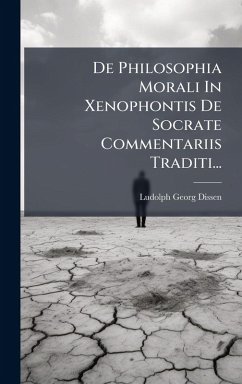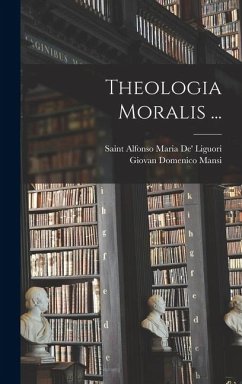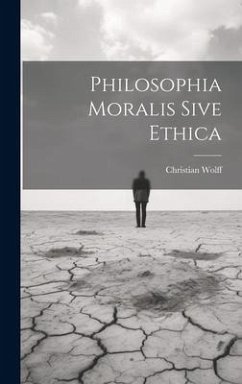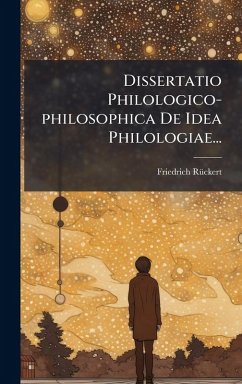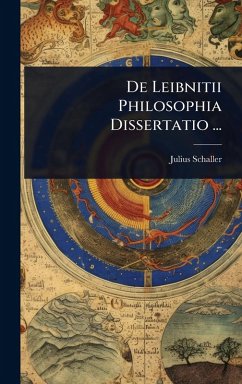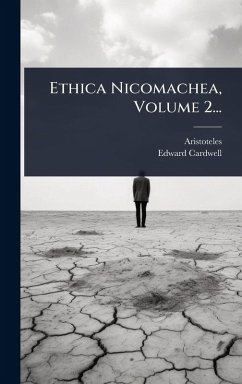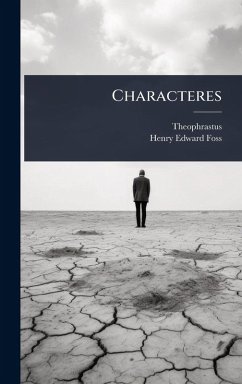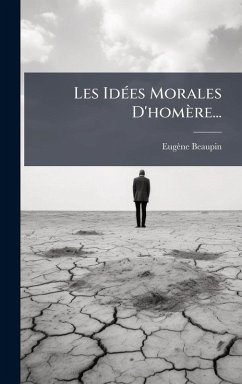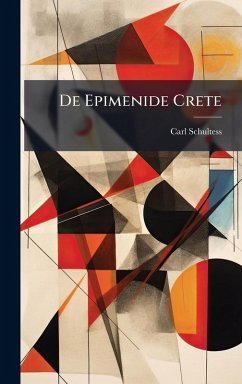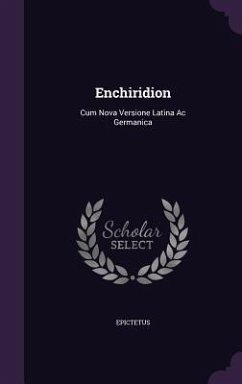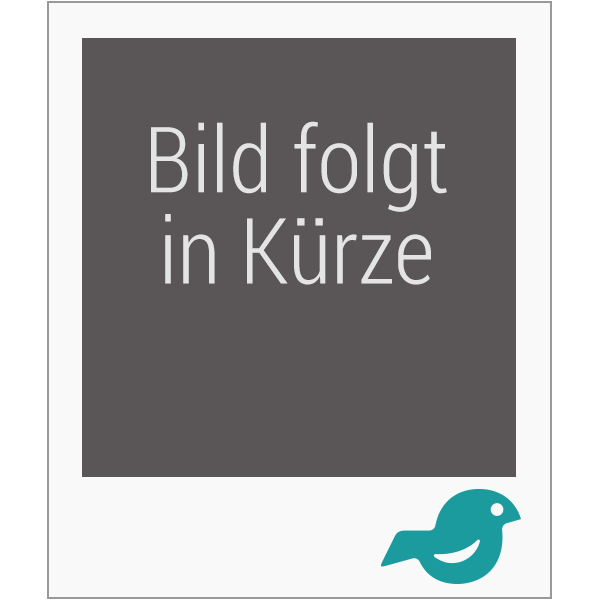
Dissertatio Moralis De Examine Conscientiae Pythagorico Vespertin
Versandkostenfrei!
Versandfertig in über 4 Wochen
25,99 €
inkl. MwSt.
Weitere Ausgaben:

PAYBACK Punkte
13 °P sammeln!
Dissertatio Moralis De Examine Conscientiae Pythagorico Vespertin, authored by Christian August Rotth and Jacob Jokisch, explores the Pythagorean practice of evening conscience examination. Written in Latin, this work delves into the moral and ethical dimensions of self-reflection as understood through the lens of ancient Pythagorean philosophy. The dissertation offers insights into the methods and purposes of examining one's conscience, providing a window into the spiritual and ethical concerns of the time. This scholarly work provides valuable historical context for understanding the develop...
Dissertatio Moralis De Examine Conscientiae Pythagorico Vespertin, authored by Christian August Rotth and Jacob Jokisch, explores the Pythagorean practice of evening conscience examination. Written in Latin, this work delves into the moral and ethical dimensions of self-reflection as understood through the lens of ancient Pythagorean philosophy. The dissertation offers insights into the methods and purposes of examining one's conscience, providing a window into the spiritual and ethical concerns of the time. This scholarly work provides valuable historical context for understanding the development of moral philosophy and spiritual practices. This work has been selected by scholars as being culturally important, and is part of the knowledge base of civilization as we know it. This work was reproduced from the original artifact, and remains as true to the original work as possible. Therefore, you will see the original copyright references, library stamps (as most of these works have been housed in our most important libraries around the world), and other notations in the work. This work is in the public domain in the United States of America, and possibly other nations. Within the United States, you may freely copy and distribute this work, as no entity (individual or corporate) has a copyright on the body of the work. As a reproduction of a historical artifact, this work may contain missing or blurred pages, poor pictures, errant marks, etc. Scholars believe, and we concur, that this work is important enough to be preserved, reproduced, and made generally available to the public. We appreciate your support of the preservation process, and thank you for being an important part of keeping this knowledge alive and relevant.



